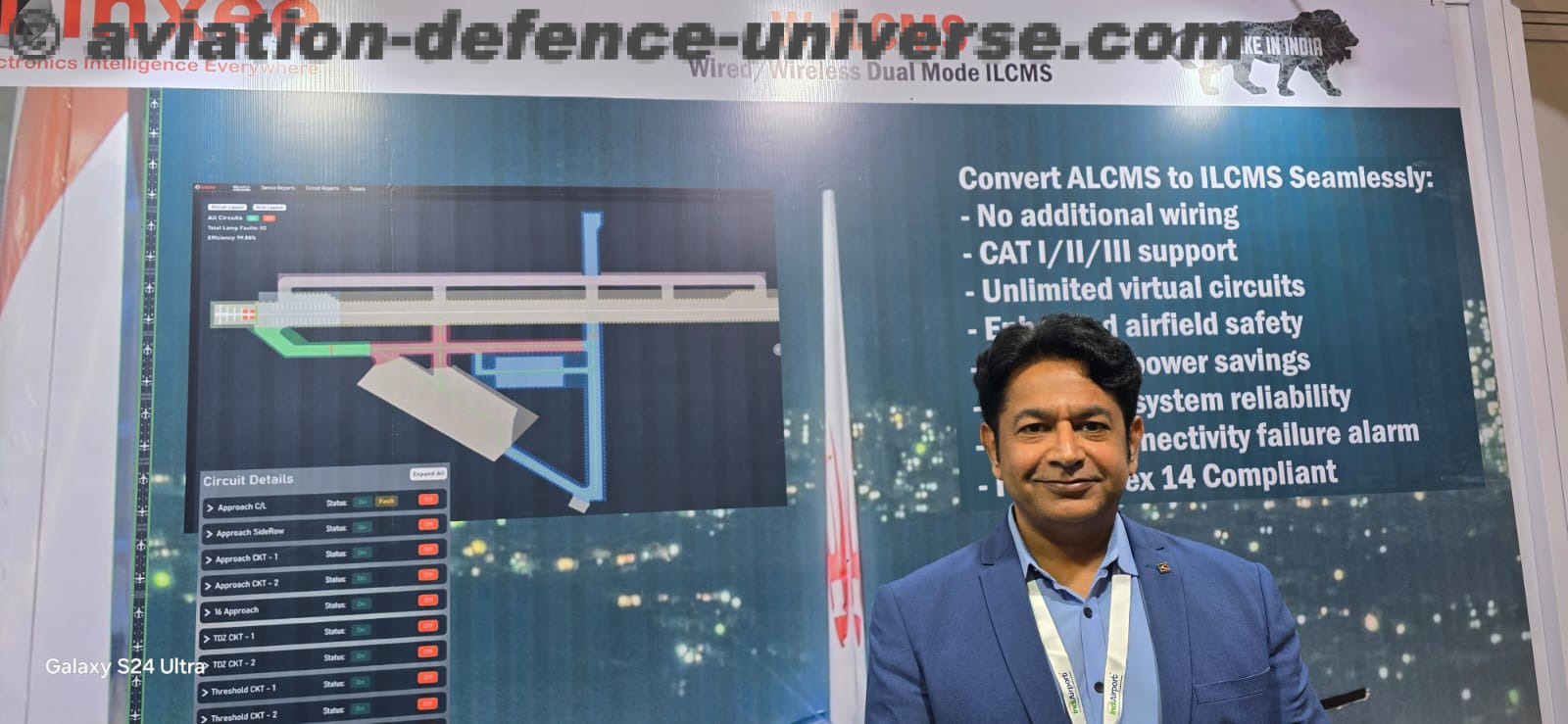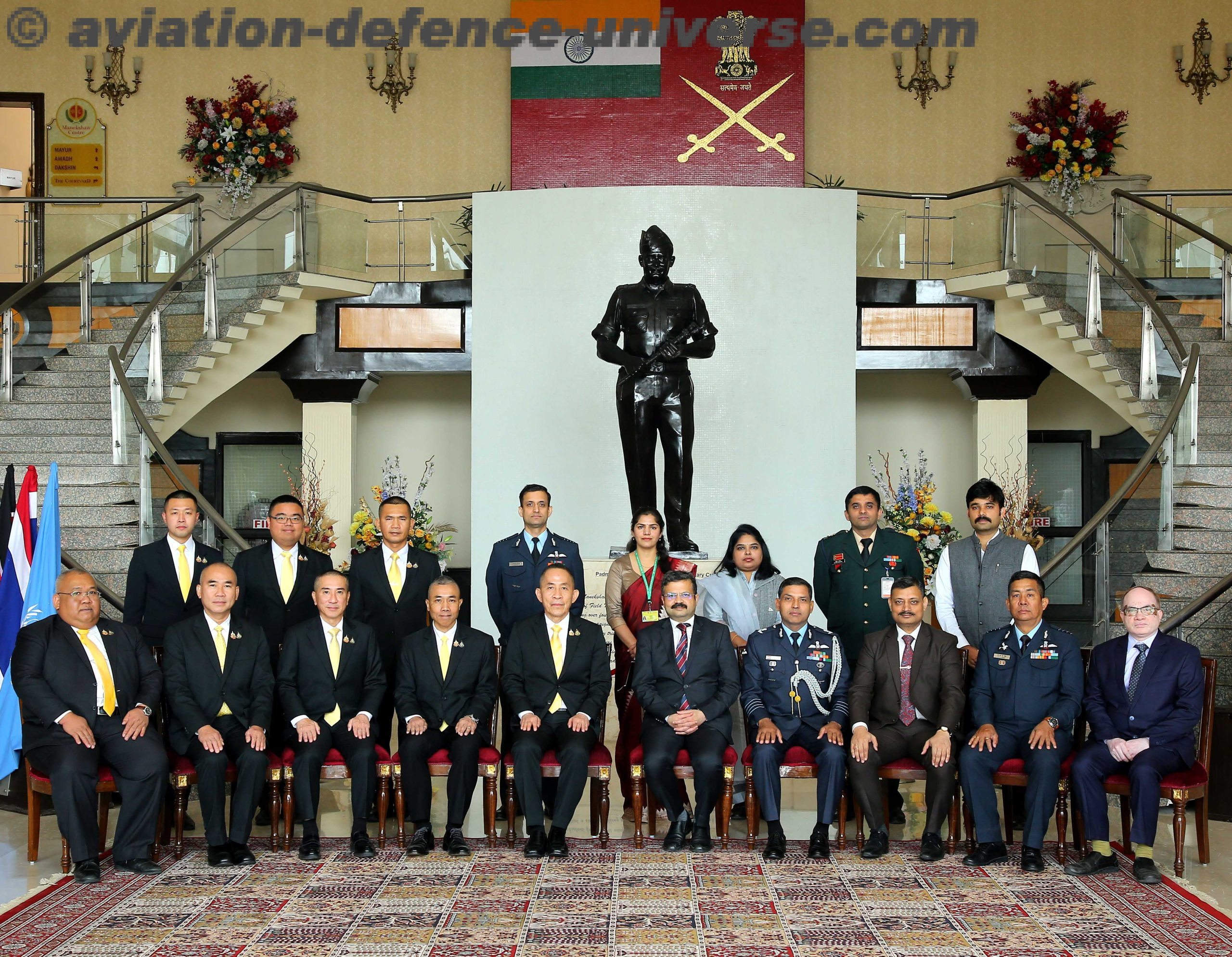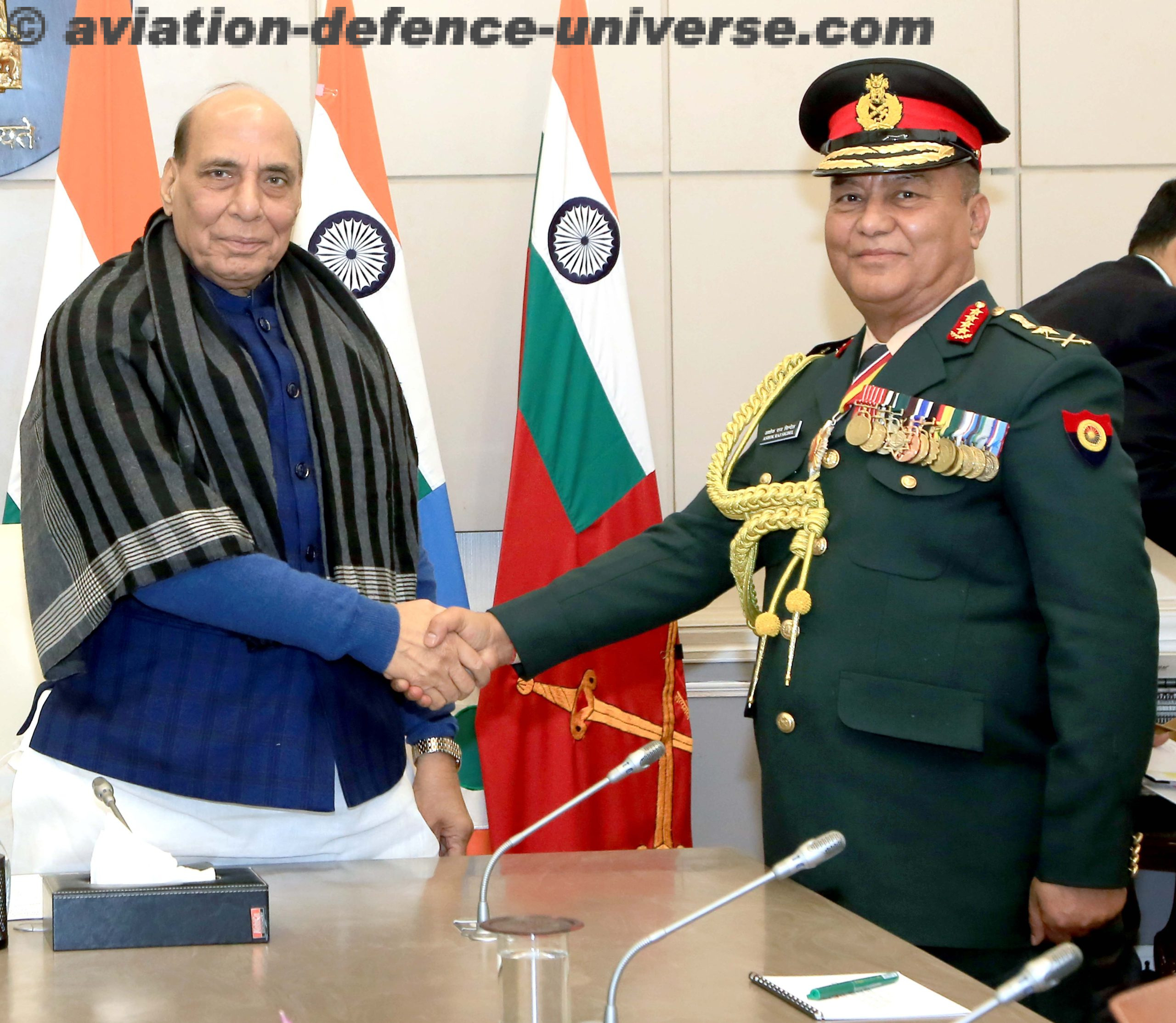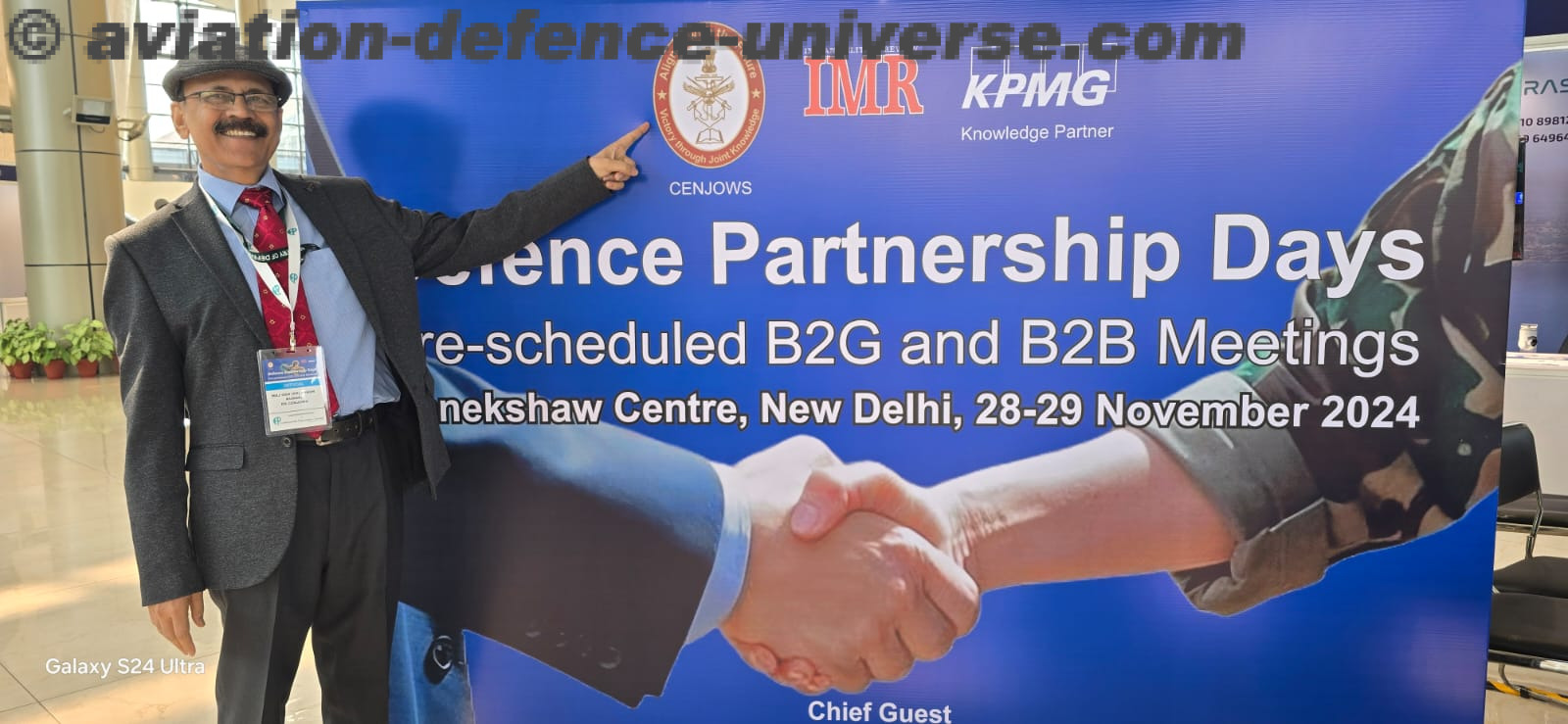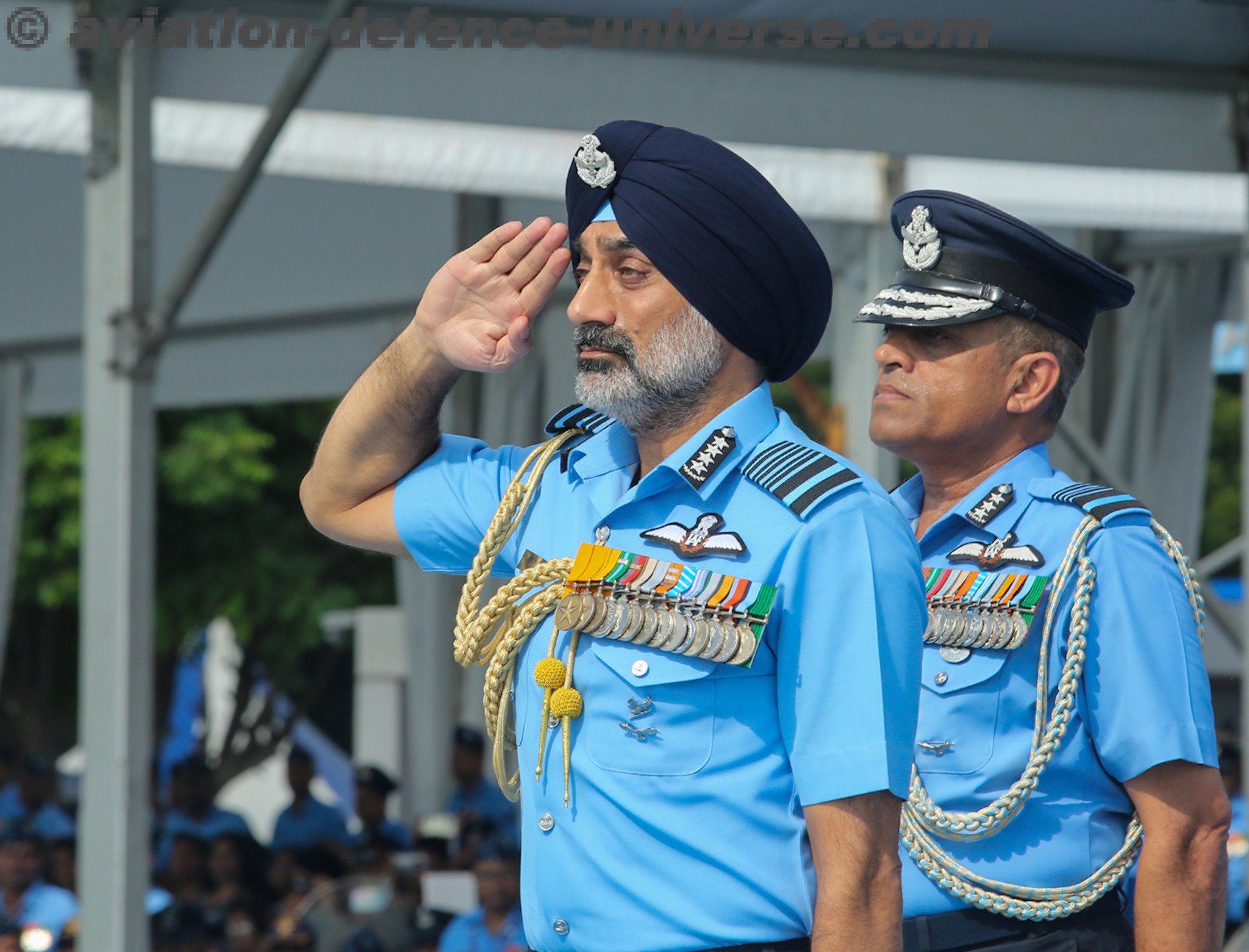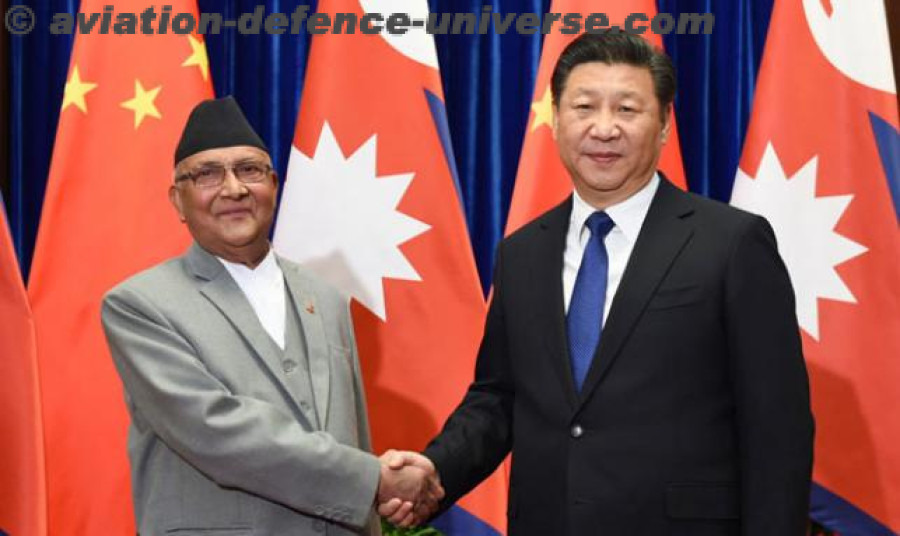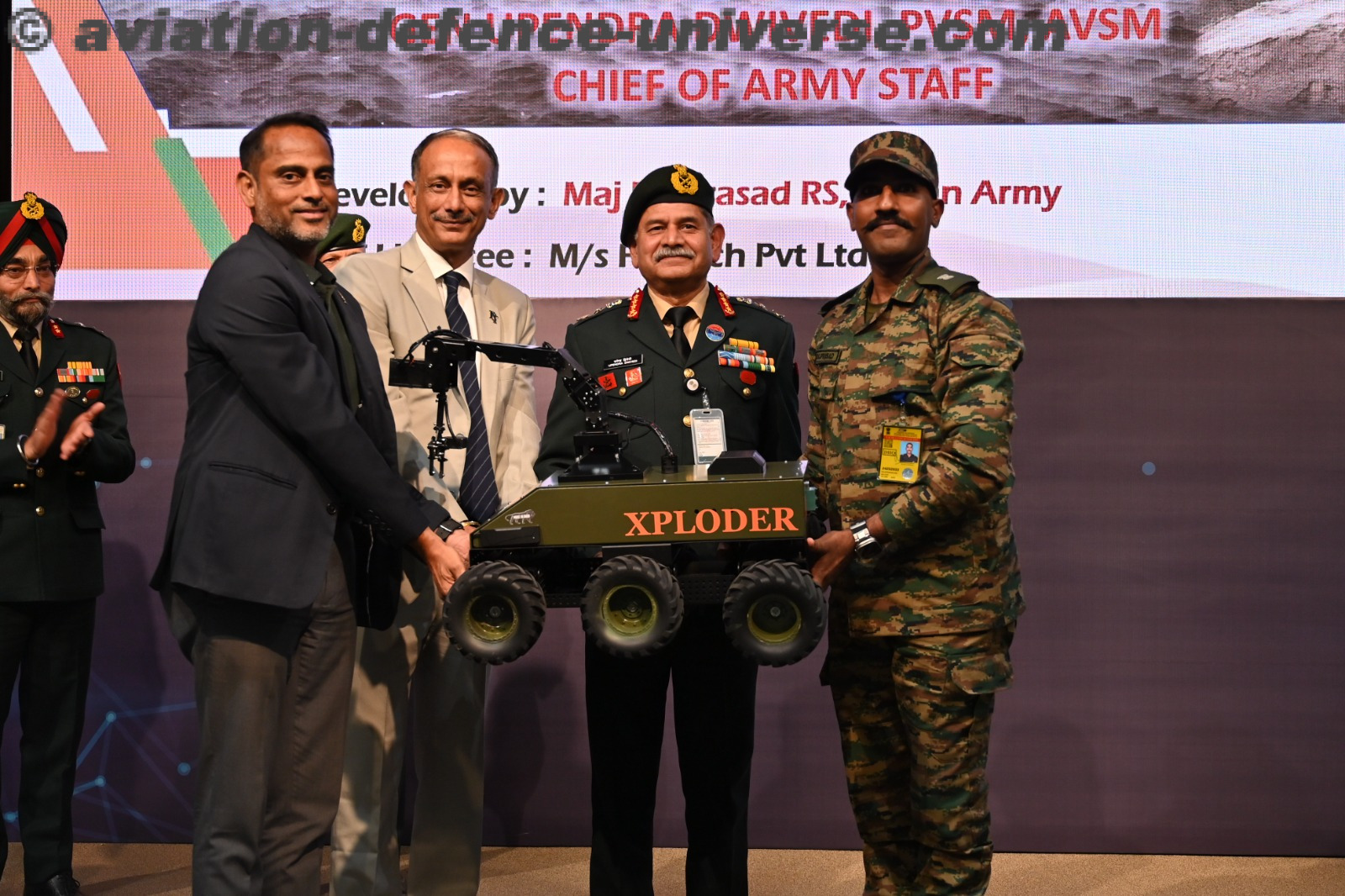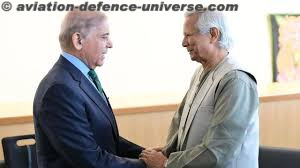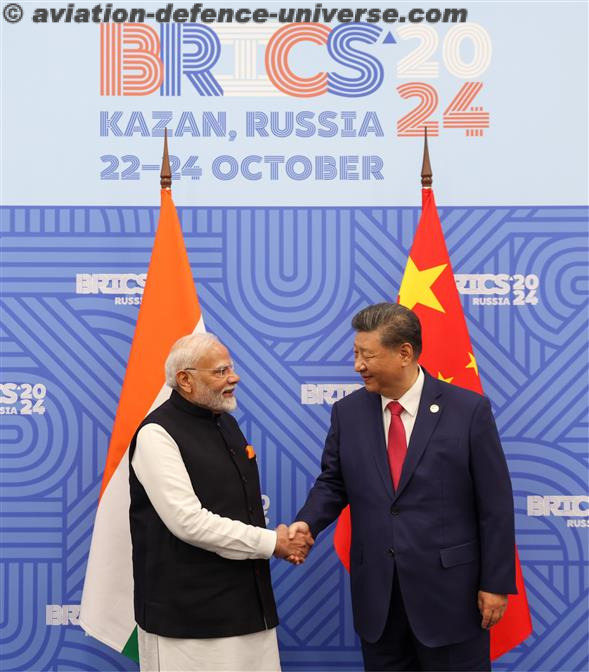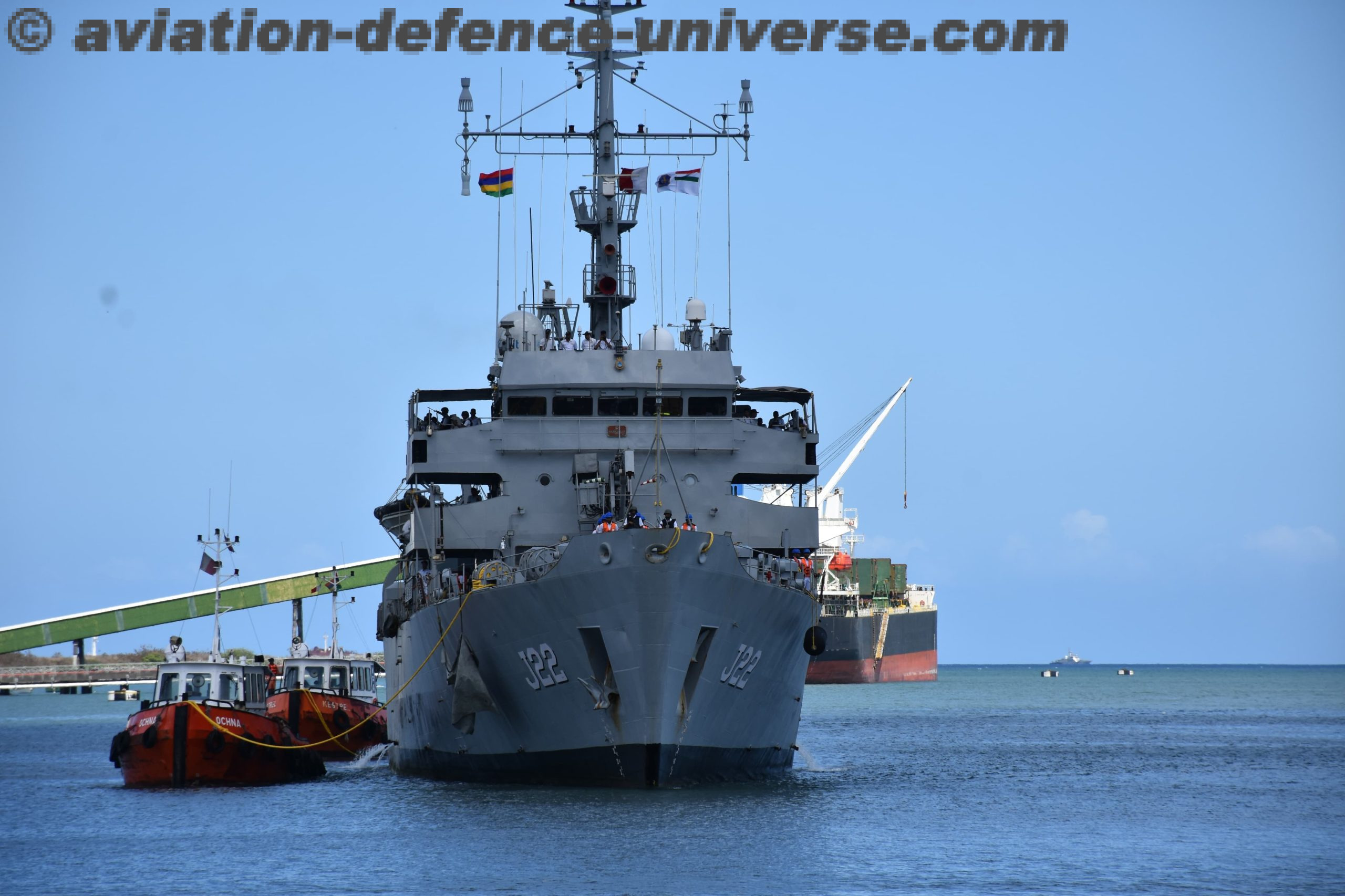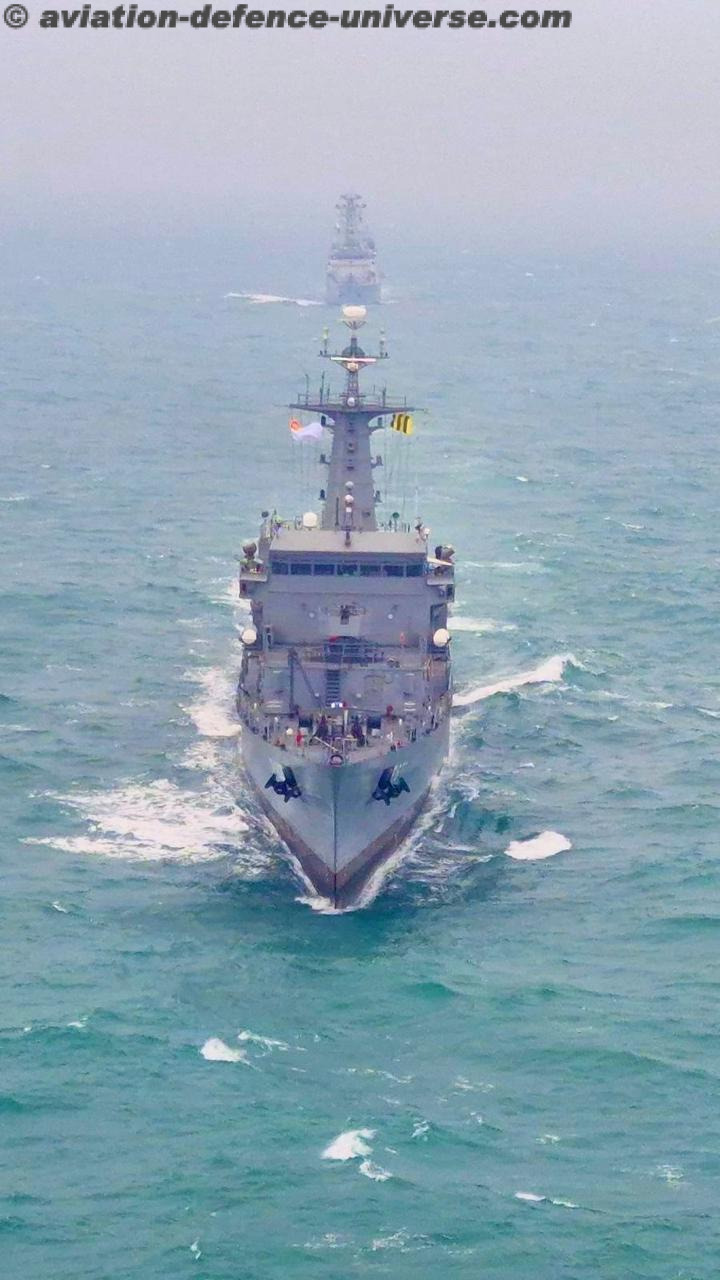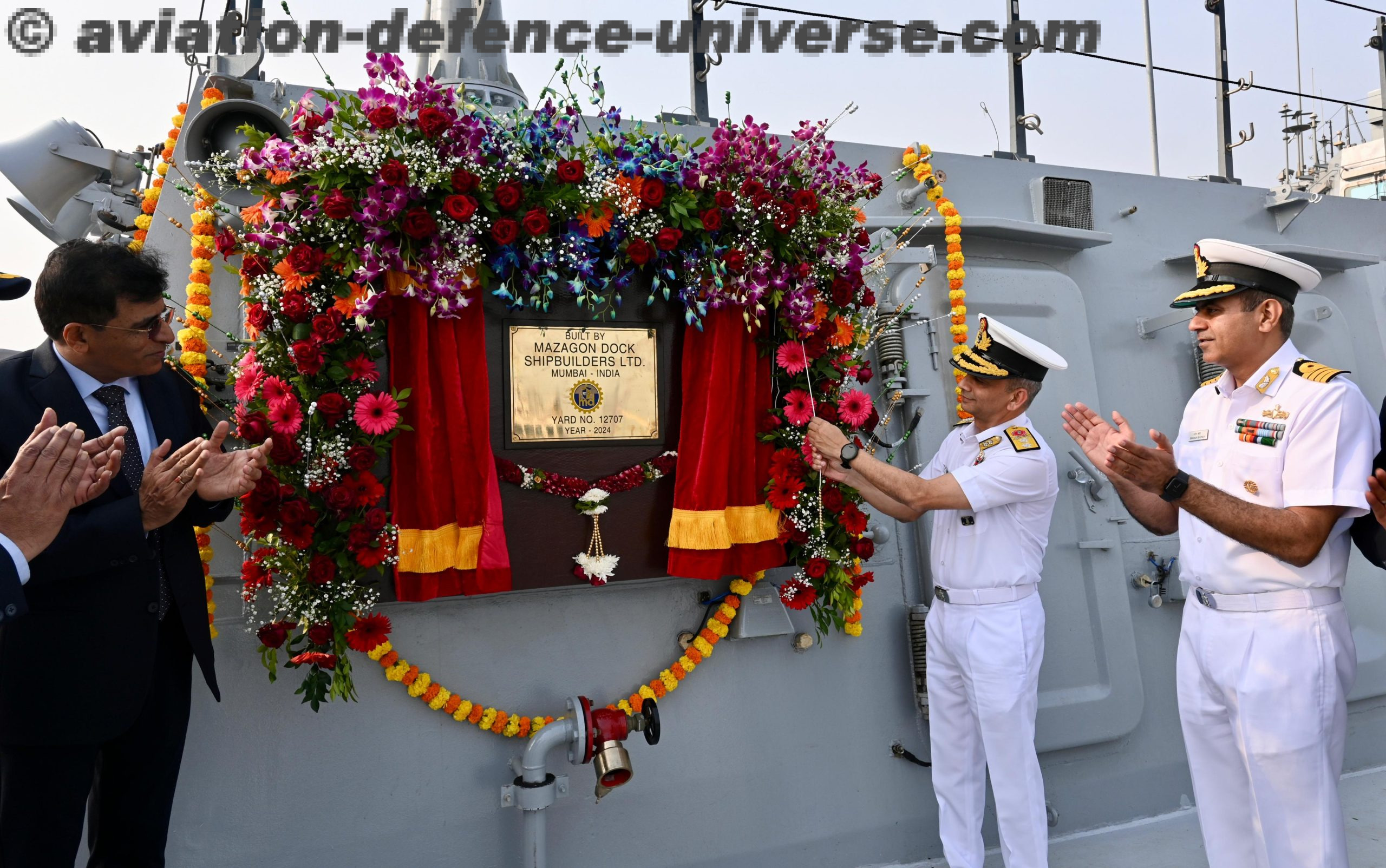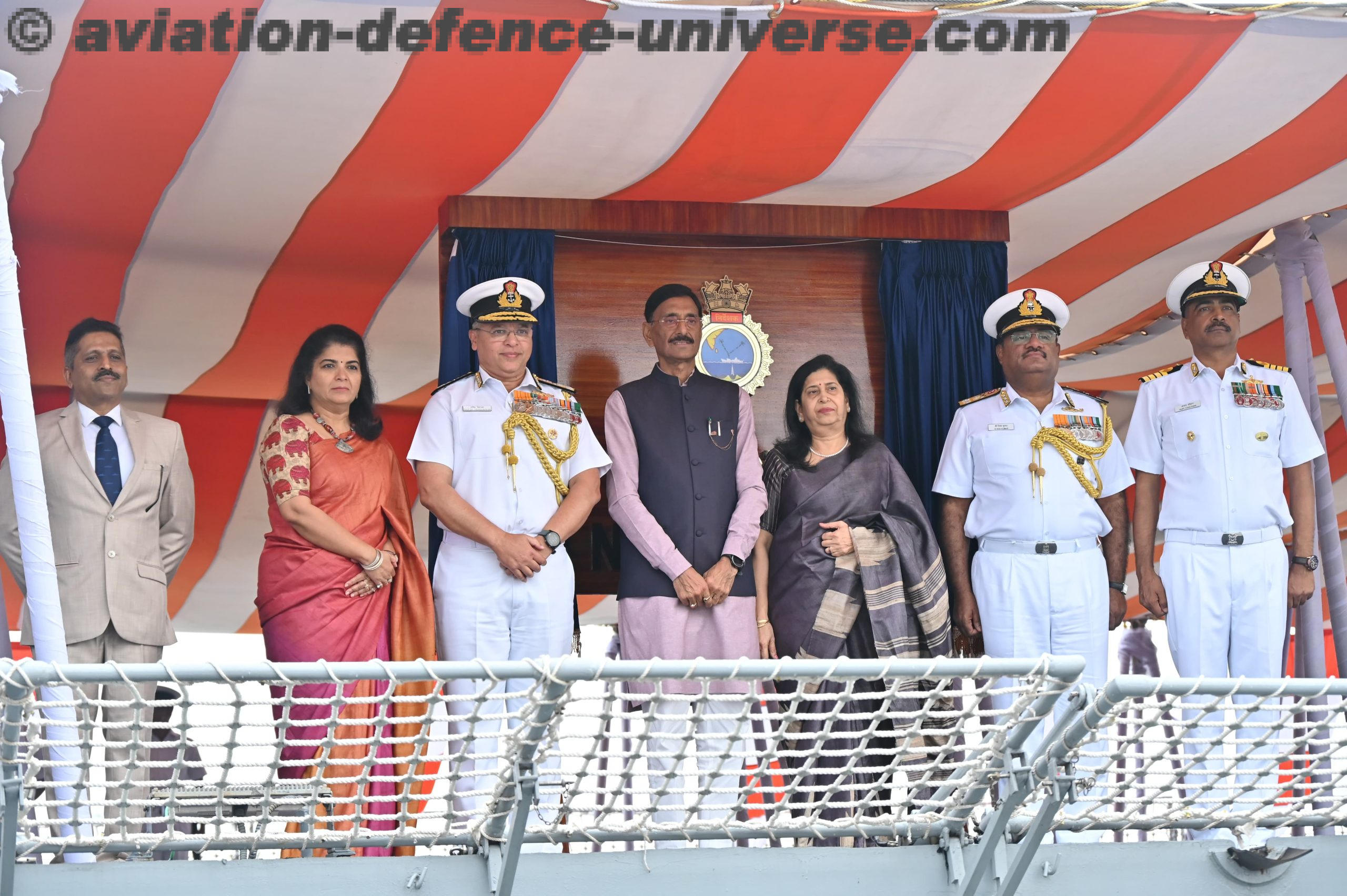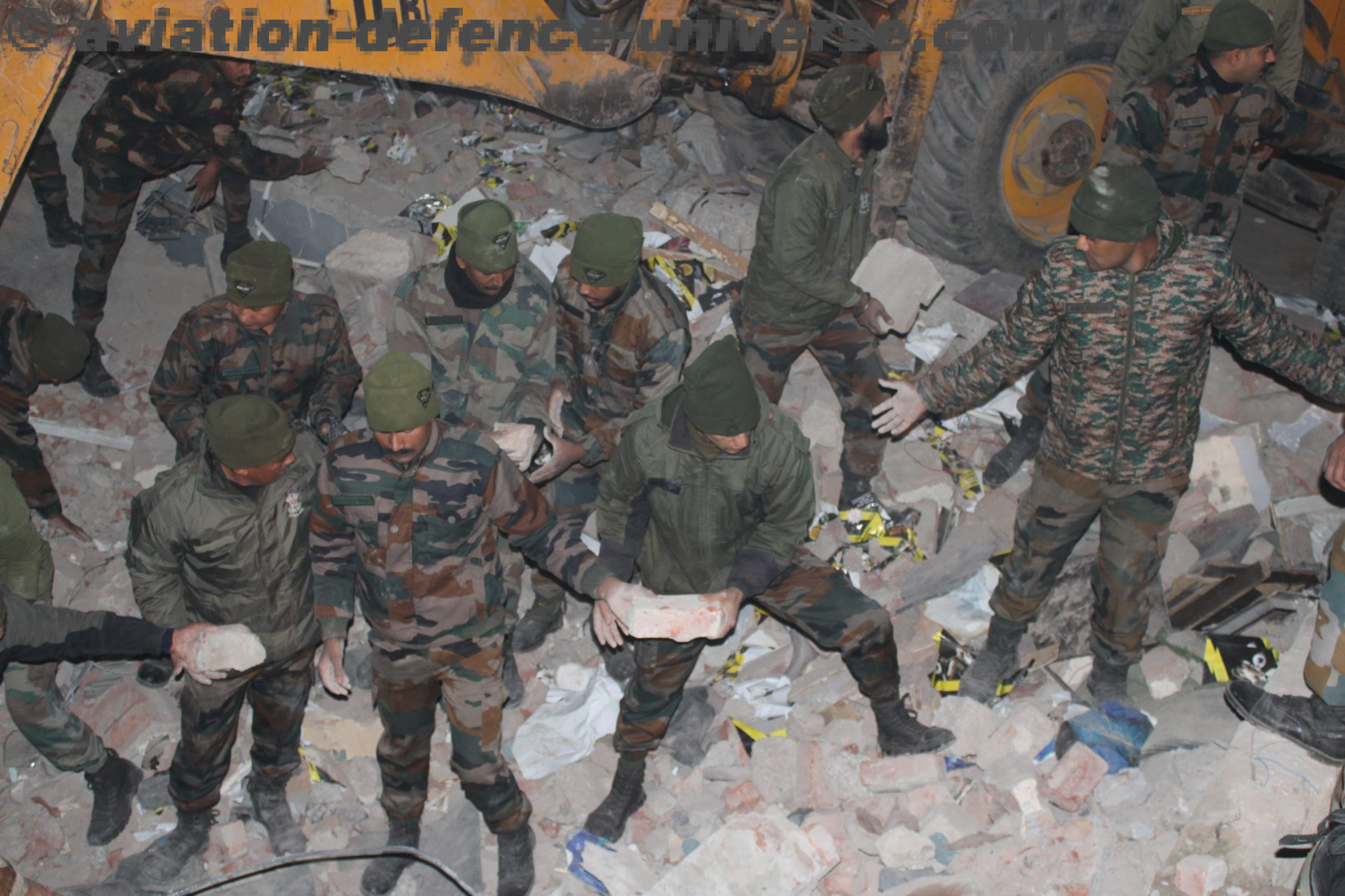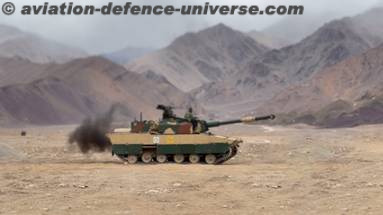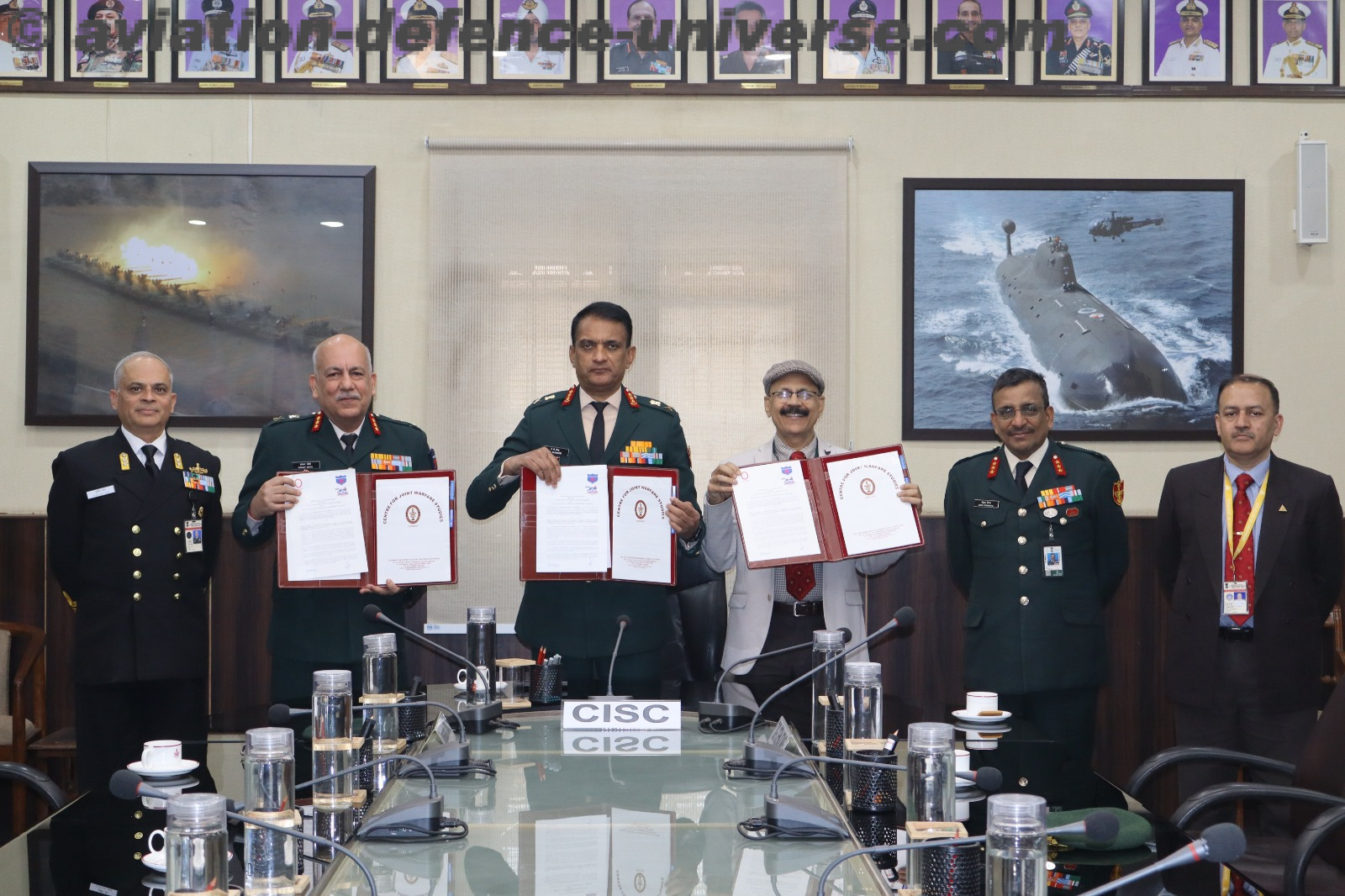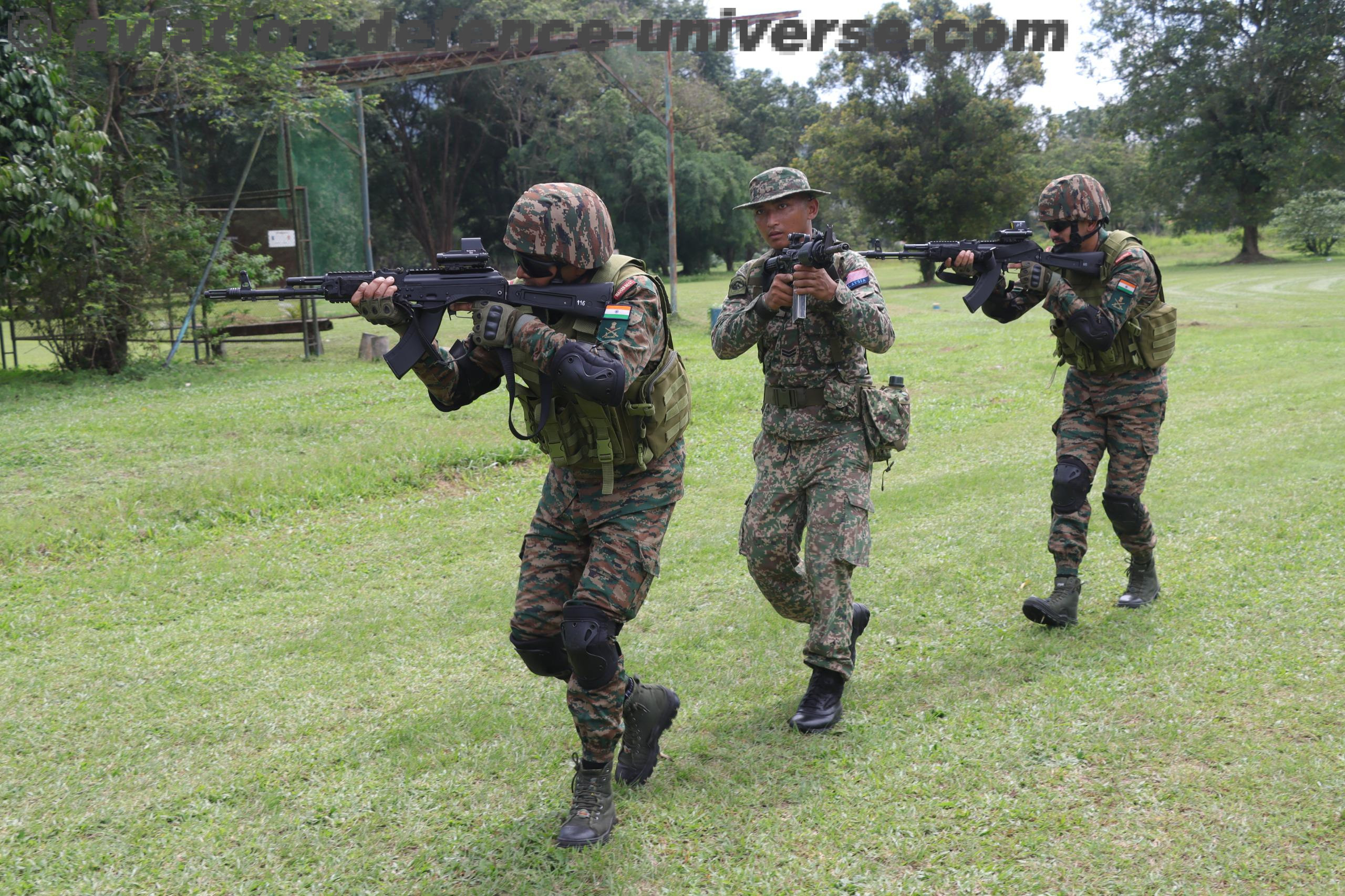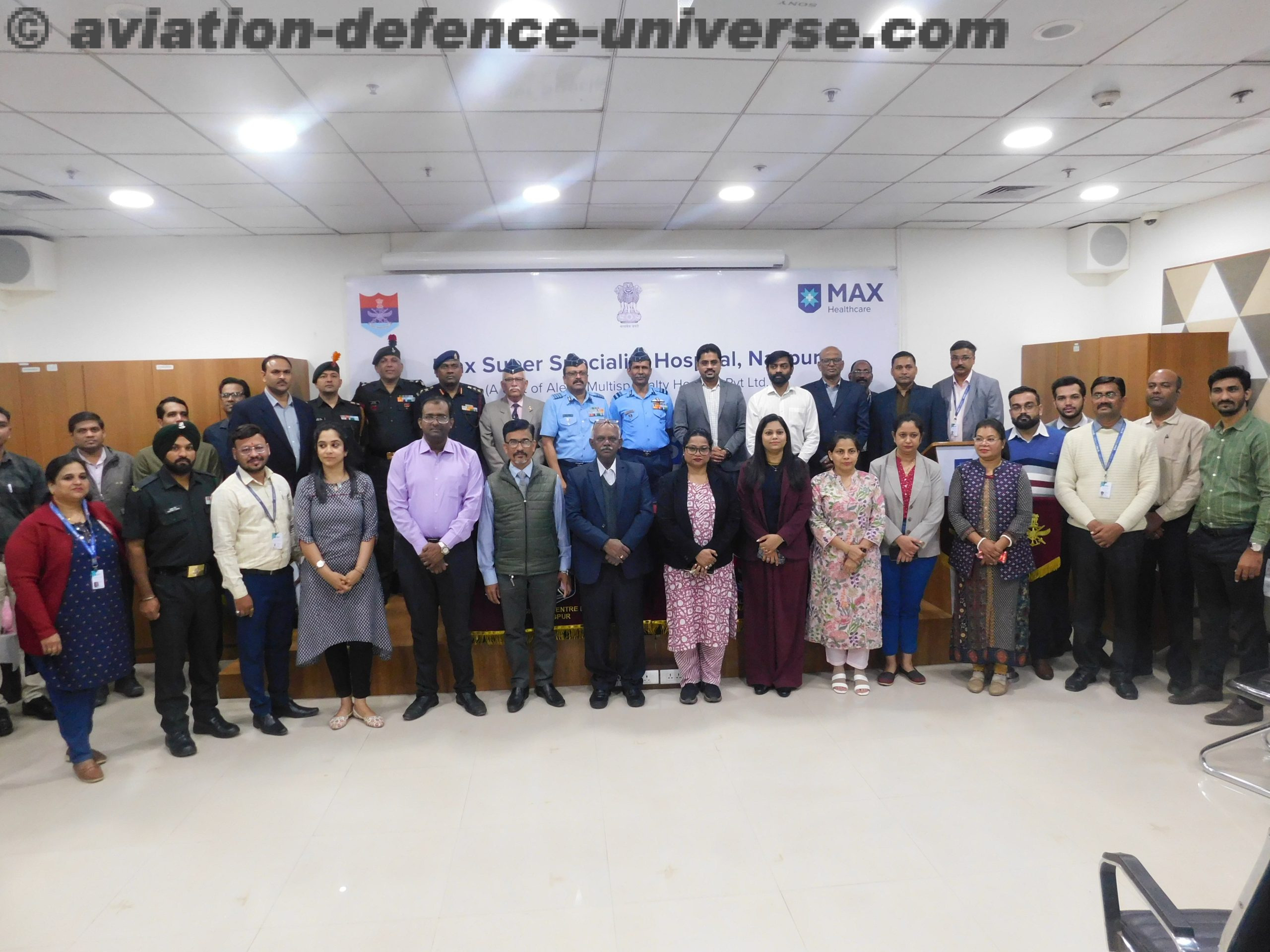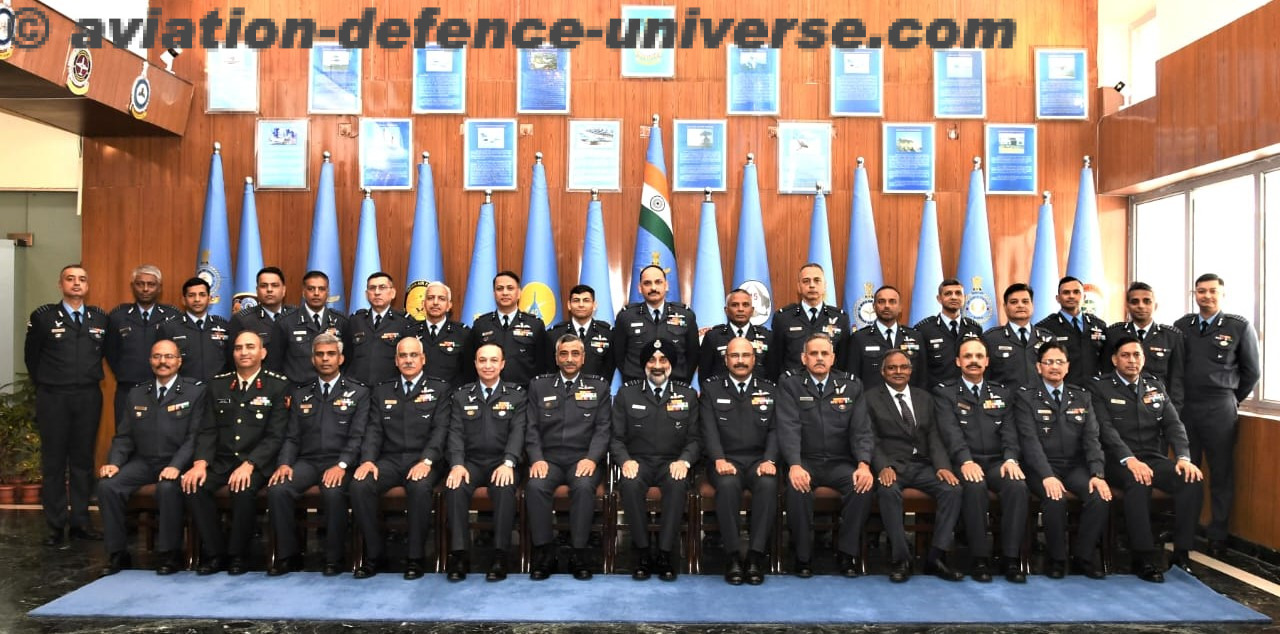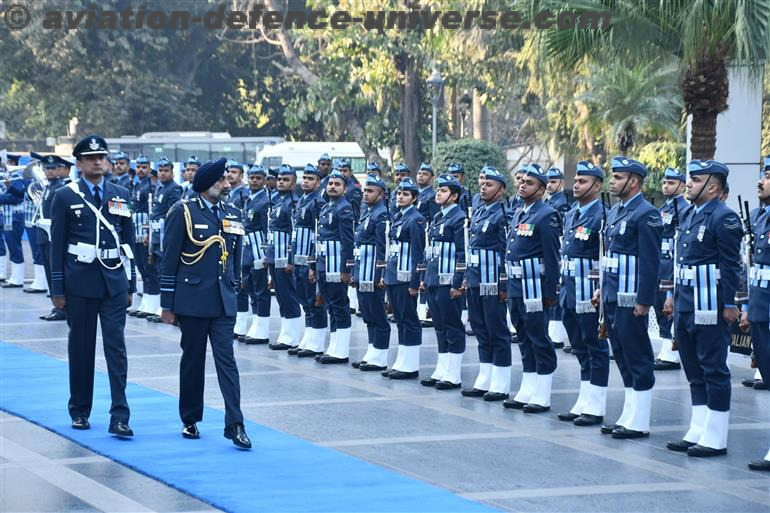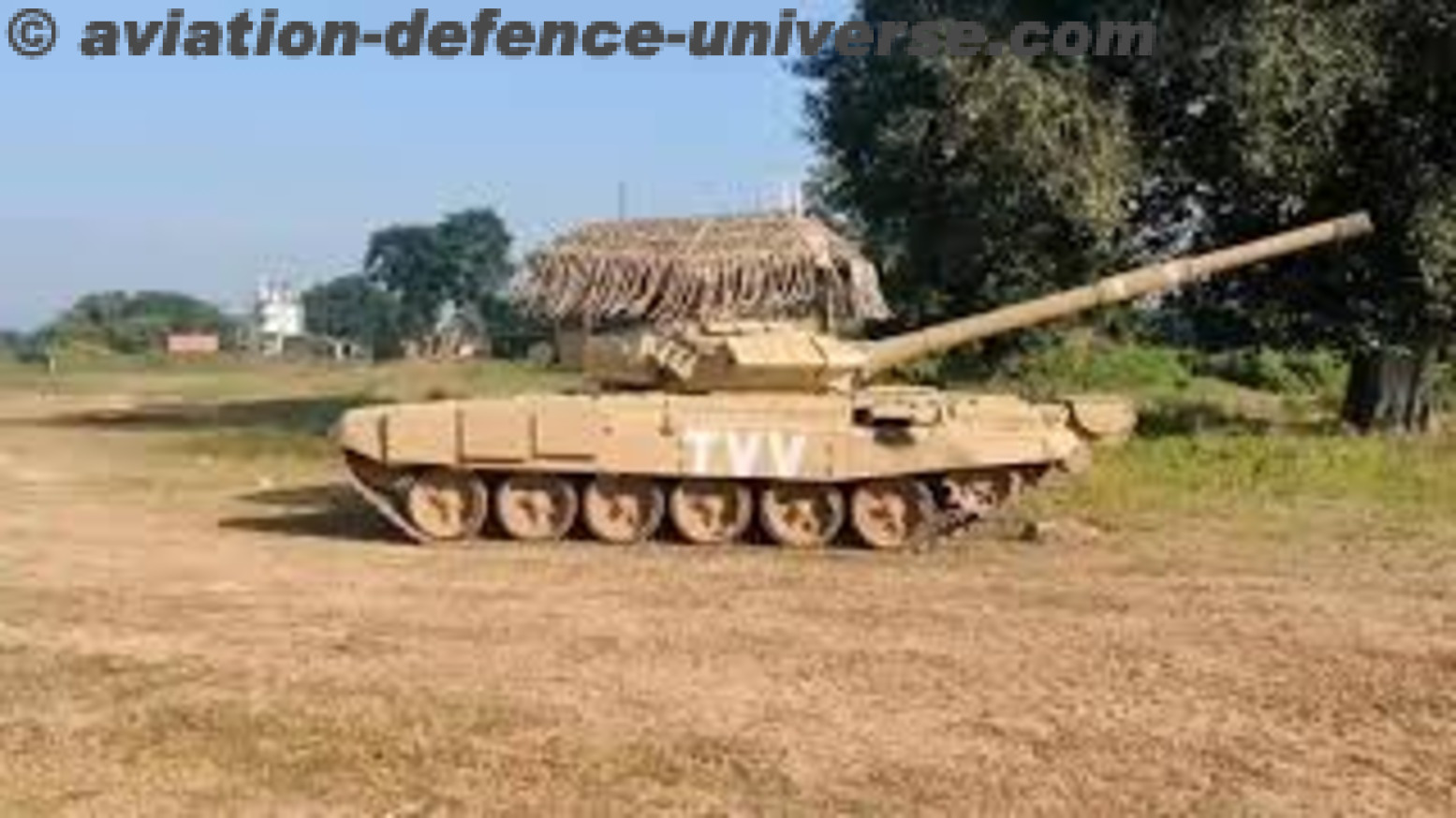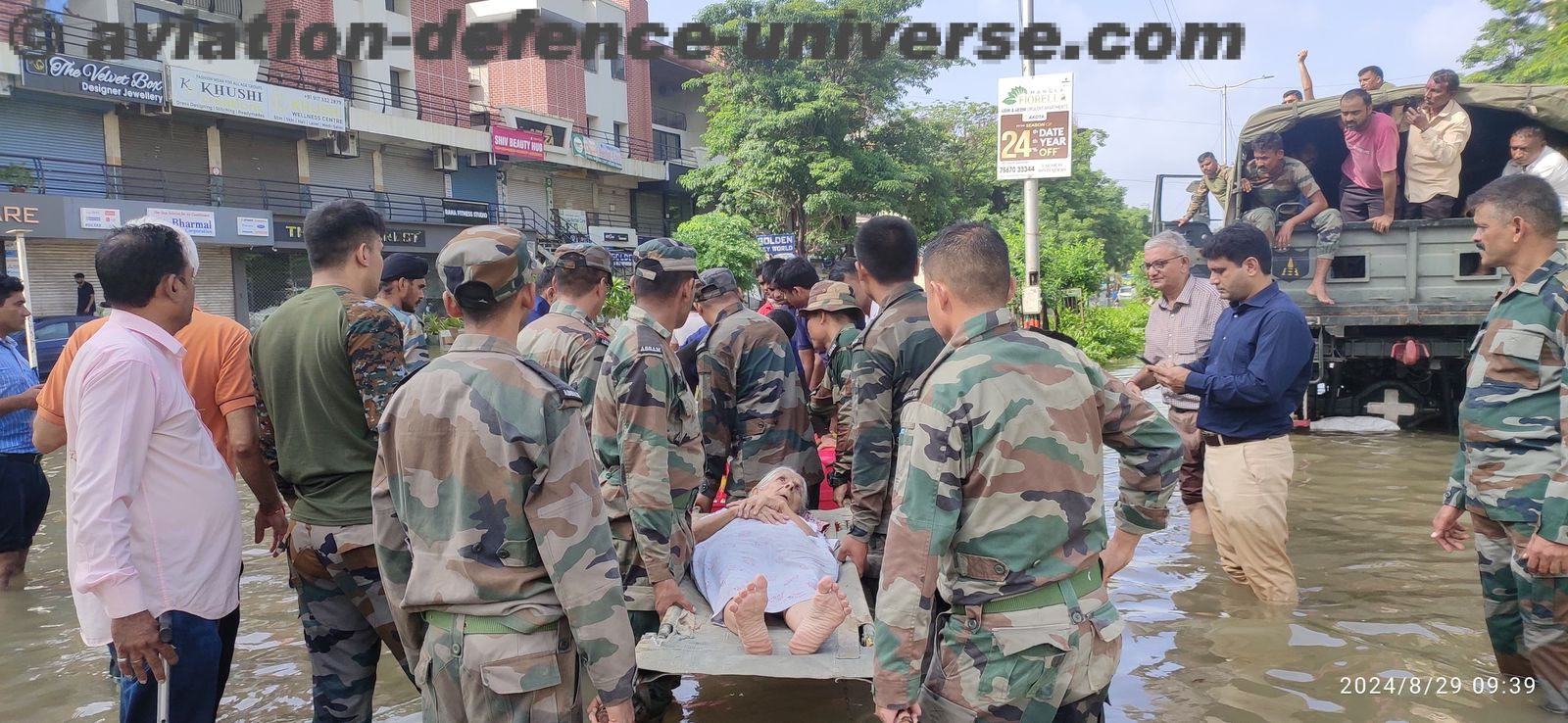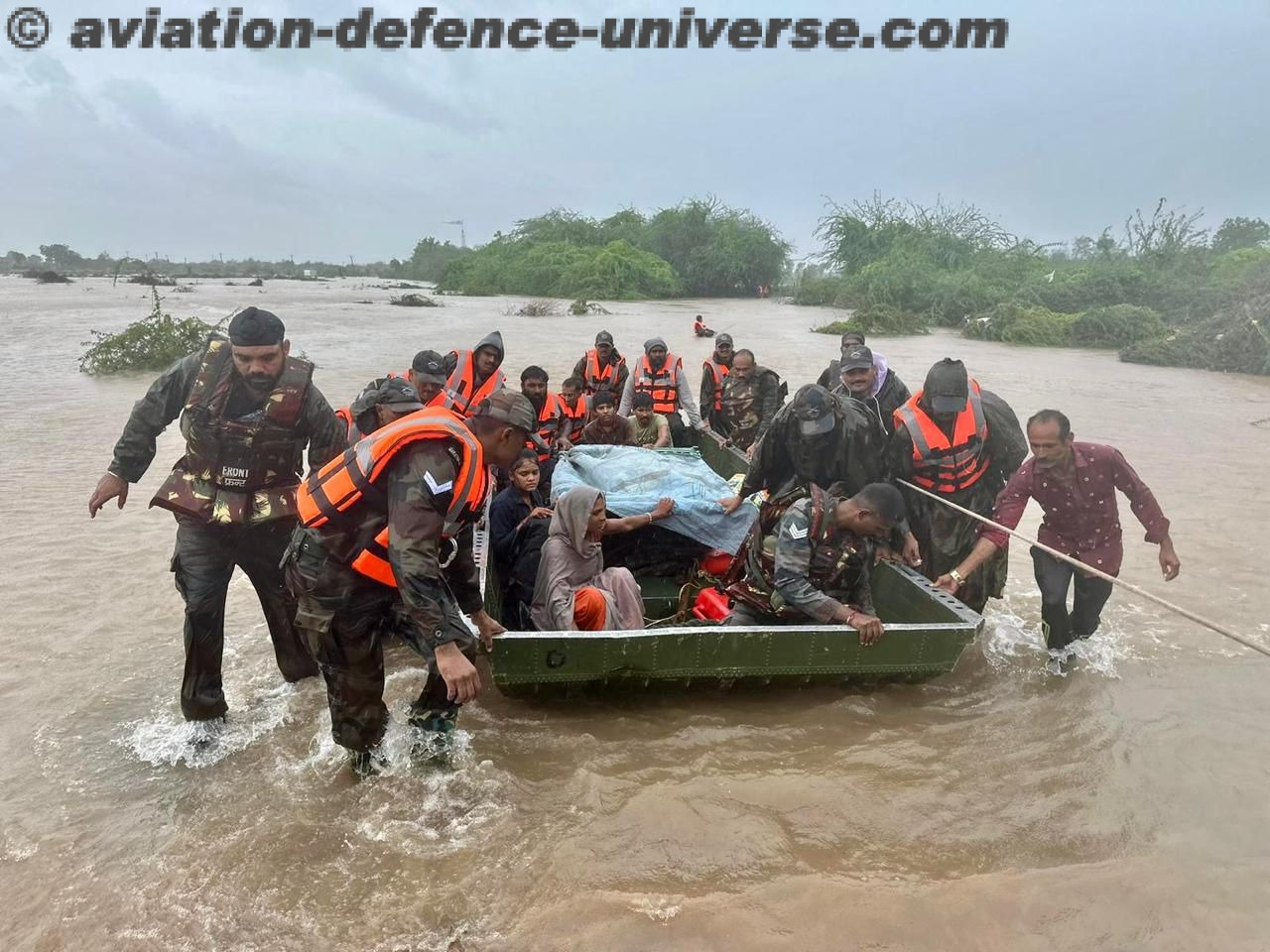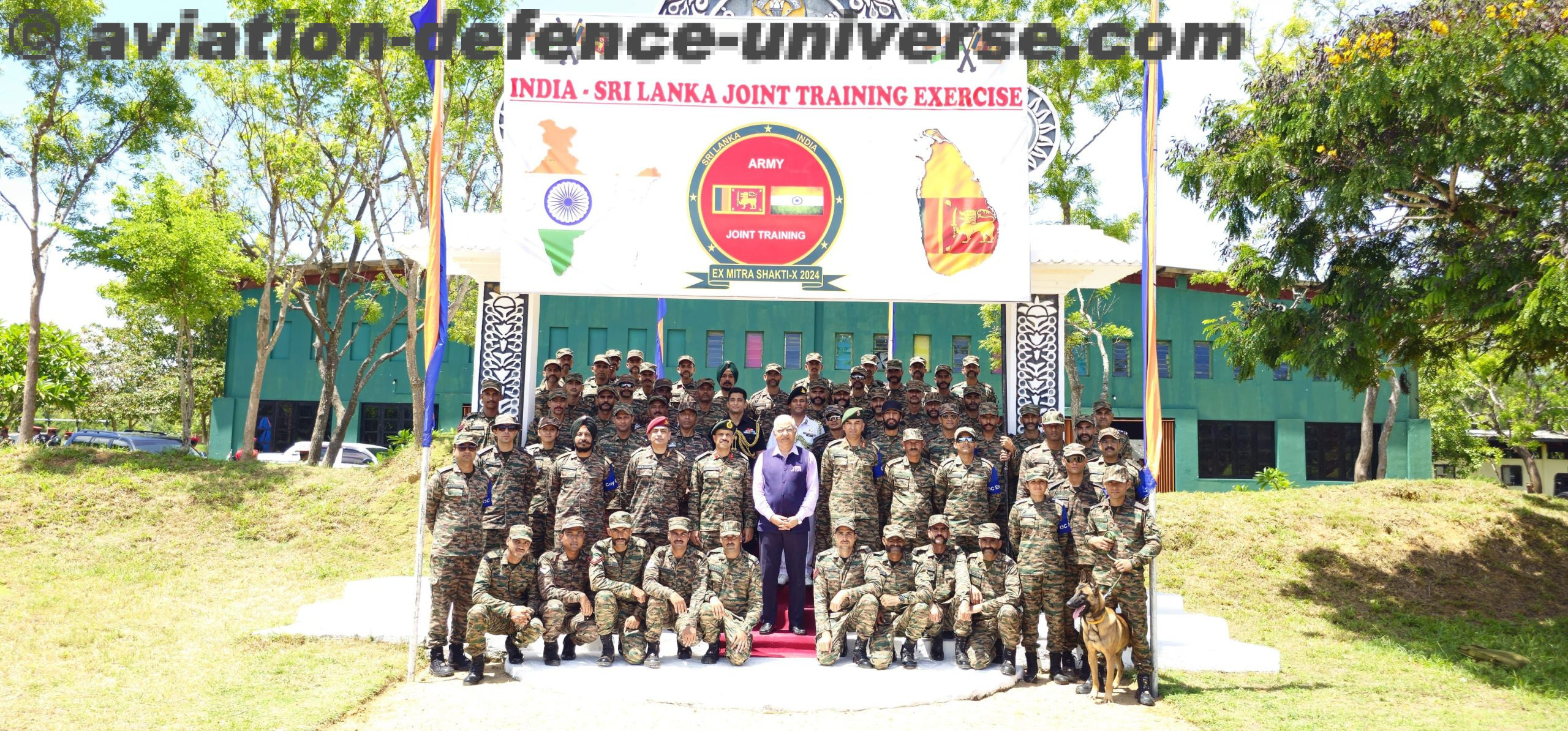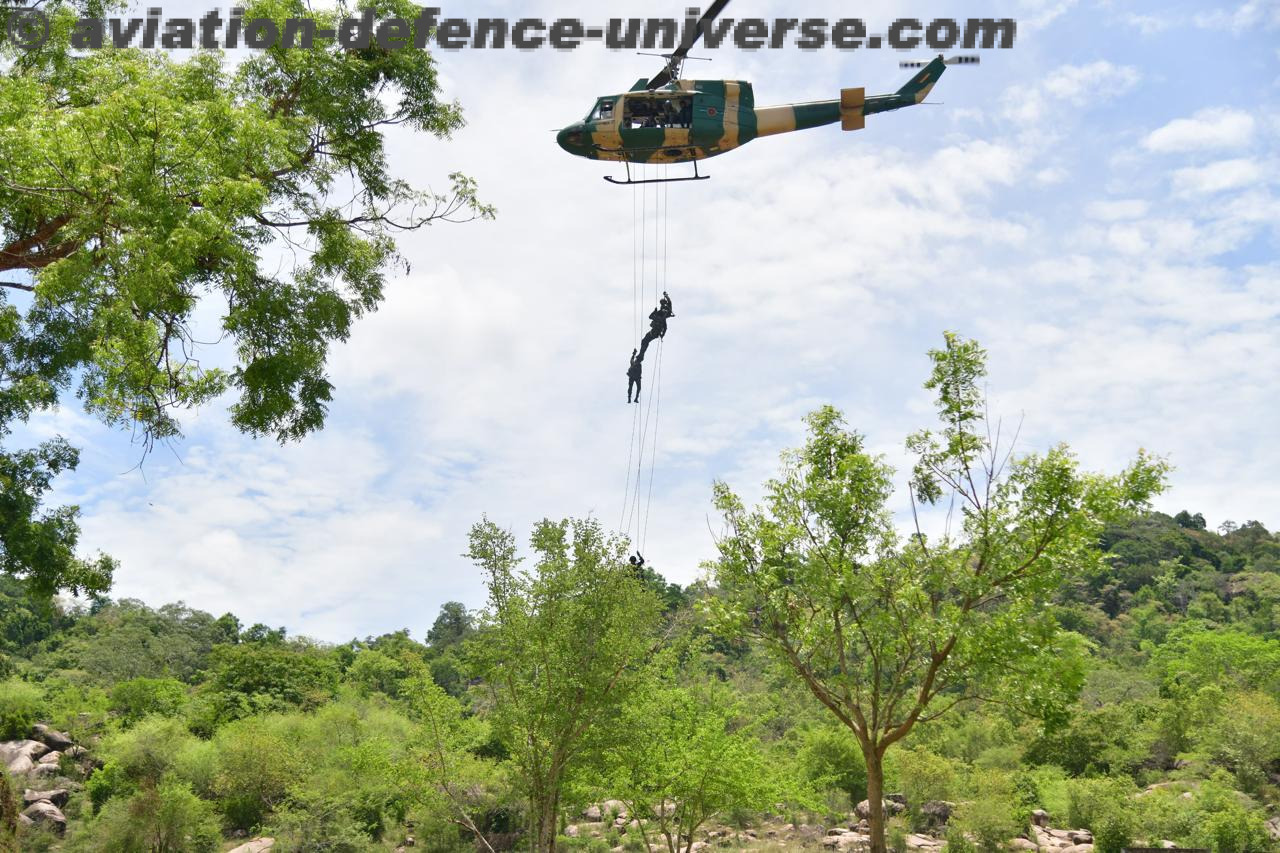By JK Verma
· Is India’s foreign policy becoming pro-active instead of reactive?
New Delhi. 22 August 2016. Before any analysis let us take a peep into recent history. National Security Advisor Ajit Doval while delivering a speech in February 2014 at tenth Nani Palkhivala Memorial at Sastra University in Thirumalaisamudram, Tamil Nadu, commented that, “ Let Pakistan know, you can do one Mumbai, you may lose Balochistan”. At the time of delivery of the lecture neither was Ajit Doval NSA nor Bharatiya Janata Party (BJP) was in power. However at that time Doval was Director of Vivekananda International Foundation, a think tank close to BJP.
Doval while explaining the national security policy emphasized that India should adopt the tactic of defensive offence as only defensive policy failed and offensive approach may be risky as both India and Pakistan possess nuclear warheads. He emphasized that India should take advantage of the weaknesses of Pakistan. There are several secessionist movements going on in Pakistan and the residents of all the provinces except Punjab are against domination as well as exploitation by Punjabis. The prominent among them is the rebellion by residents of Balochistan.
Doval, although an Indian Police Service Officer has been posted to important places like Islamabad and London, has a deep knowledge of not only internal security but of foreign relations too. As NSA he plays a dominant role in chalking out Indian strategy towards Pakistan and other countries.
Analysts feel that the stern message given by Prime Minister Modi from Red Fort in his Independence Day speech to Pakistan should be linked with the strategy of Doval. Modi’s Independence Day speech may be a game changer. So far India’s foreign policy was reactive now it may become pro-active. The people of Baluchistan do not require any material support from India they request that India should take up their just case in various international forums. Balochistan remained independent for more than 200 days as Khan of Kalat refused to merge with Pakistan. Balochi leaders claim that Pakistan advocates right of self-determination in Kashmir while it had not given this right to the people of Balochistan.
Modi’s reference of Baluchistan, Pak Occoupied Kashmir (POK), Gilgit and Baltistan is a clear departure from the past defensive foreign policy of India. Modi unearthed Pakistan’s barbarism in Balochistan and occupied Kashmir which remained unnoticed so far as national press was prohibited to cover these areas and foreign correspondents were not allowed to enter this area.
Pakistan was always raising the issue of human right violations by Indian security forces in Kashmir in all international forums and India was always defensive. The policy of previous government was not to internationalize Kashmir issue but Pakistan was criticizing and condemning India in all international organizations including United Nations.
Hamid Karzai former President of Islamic Republic of Afghanistan welcomed Modi’s remarks on Balochistan and POK. Karzai also stated that Pakistan must stop helping Islamic State (IS) in Afghanistan as it will be dangerous not only for Afghanistan but for the whole region. He also stated that Pakistan was incessantly interfering in the internal matters of India and Afghanistan and reference of atrocities committed by Pakistani security forces on Balochistan cannot be considered as intrusion in Pakistan’s internal matters. Several leaders of Balochistan separatist movement had appreciated the speech and welcomed Indian support for the just cause of independence of Balochistan.
India should utilize social media, print media as well as soft power like films to project the pitiable condition of residents of Pakistan Occoupied Kashmir as well as of Balochistan. Pakistani army attacked Balochistan in 1948, 1973 and 2006. In these aggressions Punjabi and Pathan dominated Pakistani army used air power, heavy artillery and butchered innocent persons and raped the women as they did in Bangladesh in 1971.
India should highlight to world community that Pakistan which committed so much of bloodshed in Balochistan and POK has no right to raise concocted issue of human rights violations by Indian forces in Kashmir. Pakistani leaders raise the issue of human right violations in Kashmir to divert the attention of Pakistani masses from day to day problems.
Balochistan is not only the biggest province of Pakistan it is full of minerals. The Pakistani central government extracts the minerals without giving adequate royalty to the province. Secondly the mineral wealth of the province is utilized for the welfare of Punjab and other provinces.
The hardliners mention that Pakistan illegally annexed Balochistan therefore if India helps independence movement of Balochistan it is simply assisting lawful independence movement without meddling in the internal affairs of Pakistan as Balochistan is not the integral part of the country.
Pakistan has divided areas of occupied Kashmir into three parts, one part is separated as Gilgit & Baltistan area while another portion is known as POK (Azad Kashmir) and some area is illegally given to China(Aksai Chin). All these three areas are part of Jammu & Kashmir and India has legal right over all these areas.
Pakistan on the name of Islam is settling more Punjabis and Pathans in Balochistan as well as in Kashmir with the intention of changing the demography of the area. Pakistan is settling Sunni Muslims in Gilgit and Baltistan areas to end the domination of Shias.
ISI and ISI sponsored terrorist organizations run terrorist camps mostly in POK, Gilgit and Baltistan areas. Legally India can launch surgical operations in these areas and can destroy the training camps as Indian forces would be operating within country. However if Indian forces are not prepared for these bold operations covert actions can be taken but India must assert its claim on all three areas of Kashmir illegally occupied by Pakistan.
India should also assist several groups in POK including Gilgit and Baltistan to raise voice against Pakistani exploitation and brutality. ISI has settled several Jihadists in POK area and these extremists are fully equipped and threaten the local residents on behest of ISI and on the name of Islam. The inhabitants of the area do not like these Jihadists but unable to counter them because of their strength and support from the administration.
India should also consider that China is investing USD 46 billion in the construction of China Pakistan Economic Corridor (CPEC) which will link Gwadar seaport to China’s northwestern autonomous region of Xinjiang. The CPEC will pass through Balochistan as well as from Pakistan Occoupied Kashmir. China is in full control of strategic Gwadar port. CPEC has important political and strategic ramifications and Indian security analysts must keep an eagle eye on this project.
Iran and Afghanistan both share borders with Balochistan and their interest will also be affected if Balochistan becomes independent. Afghanistan helps Balochis while Pakistan always alleges that India also assists rebels of Balochistan through Afghanistan and in this connection Pakistani security forces arrested an innocent Indian Kulbhushan Jadhav to show to the world that India is involved in assisting Balochi rebels.
Modi government must chalk out a full-fledged plan to raise the issue of Balochistan in various international fora and also consider ways and means to assist the genuine demand of the people of Balochistan. Simply giving the reference of Balochistan from Red Fort is not enough.
(Jai Kumar Verma is a Delhi-based strategic analyst and a retired R&AW officer. The views in the article are solely the author’s. He can be contacted at editor.adu@gmail.com)




